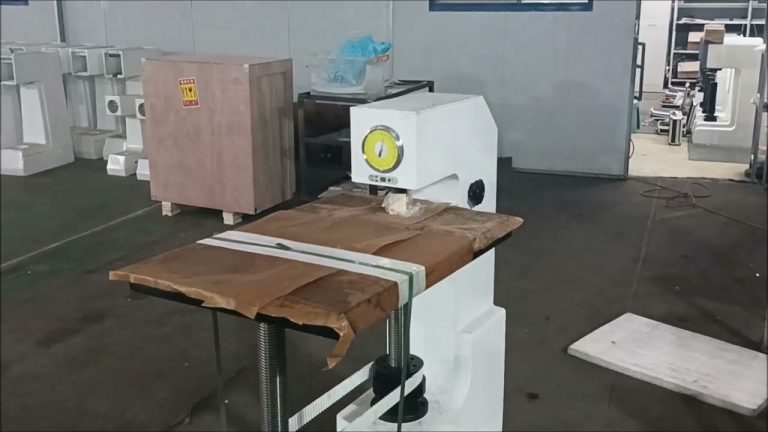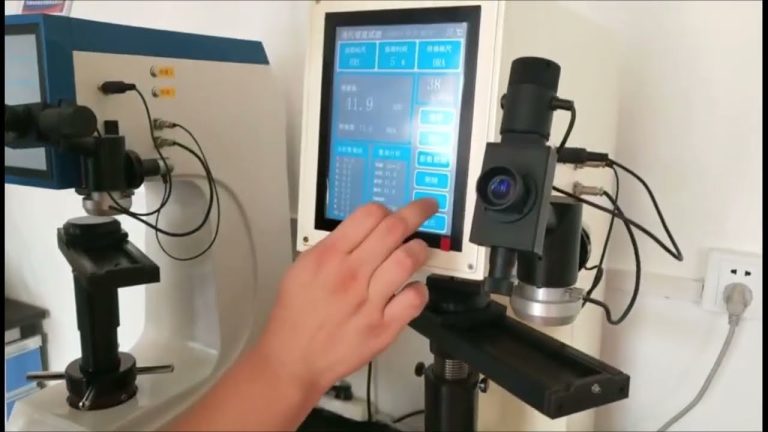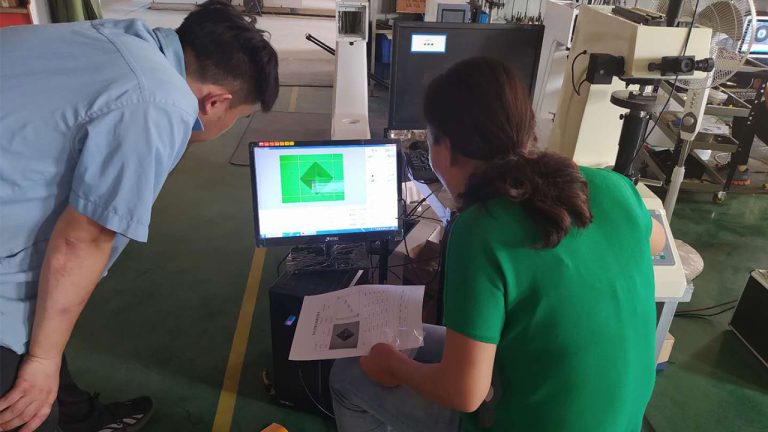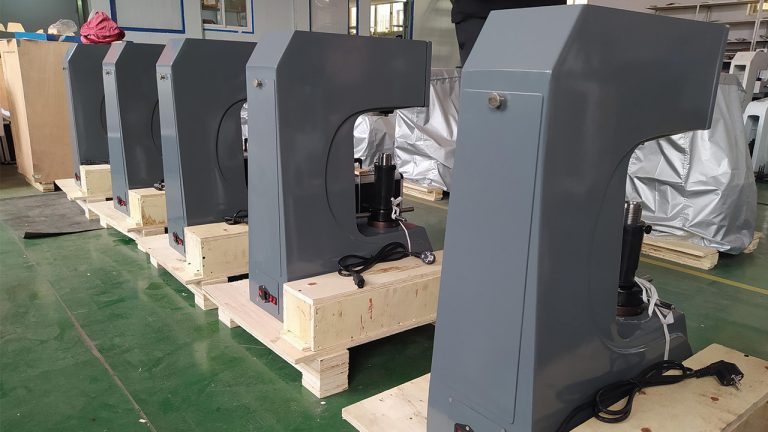Table of Contents
Преимущества измерения твердости полимеров
Испытание на твердость — важнейший процесс в производстве и контроле качества полимеров. Полимеры широко используются в различных отраслях промышленности, включая автомобильную, аэрокосмическую, электронную и медицинскую технику. Твердость полимерного материала может повлиять на его характеристики, долговечность и общее качество. Поэтому очень важно проводить испытания на твердость, чтобы гарантировать, что полимер соответствует требуемым спецификациям и стандартам.
Одним из основных преимуществ испытаний на твердость полимеров является то, что они предоставляют ценную информацию о механических свойствах материала. Твердость является мерой устойчивости материала к вмятинам и царапинам и может указывать на прочность, ударную вязкость и износостойкость материала. Измеряя твердость полимера, производители могут оценить его пригодность для конкретных применений и определить, соответствует ли он желаемым эксплуатационным требованиям. Еще одним преимуществом испытания полимеров на твердость является то, что оно помогает выявить любые дефекты или несоответствия в материале. Изменения твердости образца полимера могут указывать на неравномерное распределение добавок, неправильные условия отверждения или обработки или другие производственные дефекты. Обнаружив эти проблемы на ранней стадии, производители могут принять корректирующие меры для улучшения качества и стабильности своей продукции.
Испытание на твердость также играет решающую роль в обеспечении надежности и безопасности полимерных компонентов. В таких отраслях, как автомобилестроение и аэрокосмическая промышленность, где полимеры используются в критически важных областях, важно убедиться, что материал может выдерживать необходимые нагрузки и условия окружающей среды. Испытание на твердость может помочь определить, достаточно ли прочен полимерный компонент, чтобы противостоять ударам, истиранию или другим механическим нагрузкам, тем самым снижая риск выхода из строя или преждевременного износа.
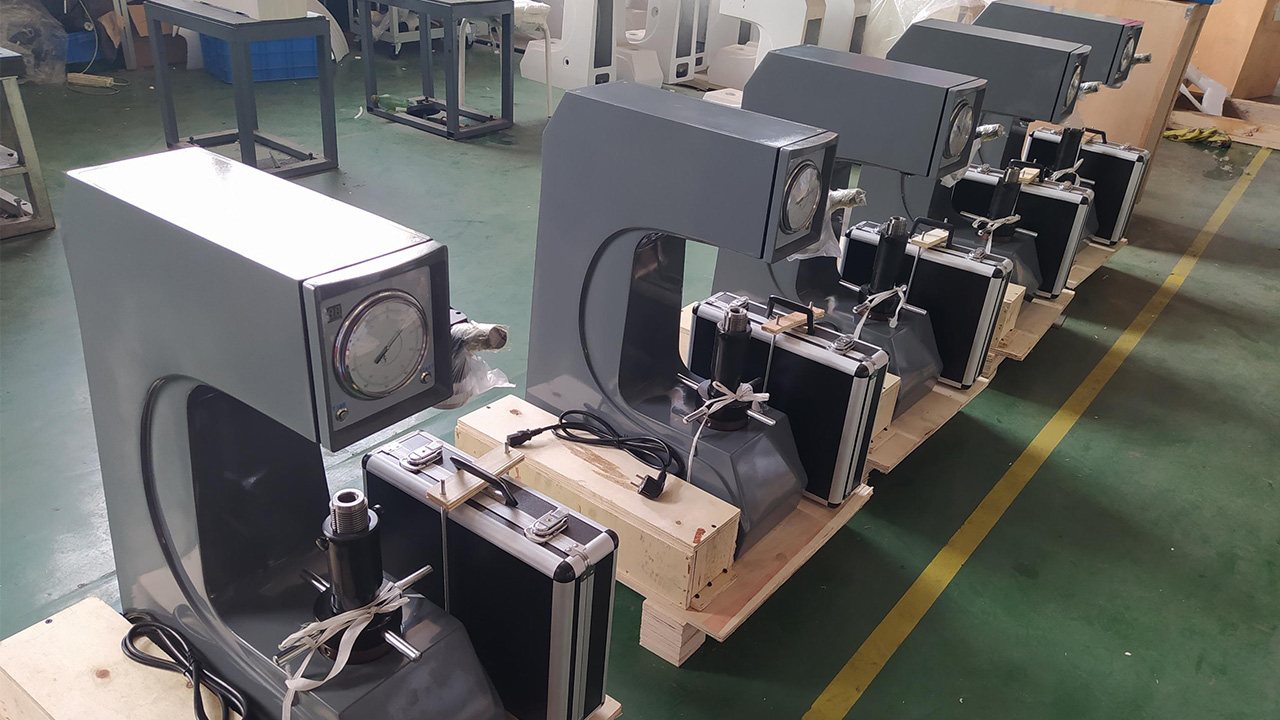
Кроме того, испытание на твердость можно использовать для сравнения различных полимерных материалов и составов. Измеряя твердость различных образцов, производители могут оценить характеристики различных полимеров и выбрать наиболее подходящий материал для конкретного применения. Это может помочь оптимизировать процесс проектирования и производства, что приведет к экономии затрат и повышению качества продукции.
В дополнение к этим преимуществам испытание полимеров на твердость также может помочь в исследованиях и разработках. Изучая взаимосвязь между твердостью и другими механическими свойствами, исследователи могут получить представление о структуре и поведении полимерных материалов. Эти знания могут быть использованы для разработки новых материалов с улучшенными свойствами, такими как повышенная прочность, гибкость или химическая стойкость.
Когда дело доходит до испытаний полимеров на твердость, Китай известен своим опытом и экономически эффективными решениями. Китайские поставщики предлагают широкий спектр оборудования и услуг для измерения твердости, включая портативные твердомеры, настольные приборы и автоматизированные системы тестирования. Эти поставщики имеют большой опыт работы в полимерной промышленности и могут предоставить индивидуальные решения для удовлетворения конкретных требований к испытаниям.
В заключение, испытание на твердость является критически важным процессом для обеспечения качества, надежности и характеристик полимерных материалов. Измеряя твердость полимеров, производители могут оценивать их механические свойства, выявлять дефекты, сравнивать различные материалы и поддерживать исследования и разработки. Благодаря опыту и доступности китайских поставщиков испытание полимеров на твердость стало более доступным и эффективным, чем когда-либо прежде.
Как выбрать лучшего поставщика оборудования для измерения твердости в Китае
Когда дело доходит до испытания полимеров на твердость, решающее значение имеет поиск подходящего поставщика оборудования. Китай стал центром производства и поставок оборудования для измерения твердости, предлагая широкий выбор вариантов по конкурентоспособным ценам. Однако при таком большом количестве поставщиков может быть сложно определить, какой из них лучше всего соответствует вашим потребностям. В этой статье мы обсудим, как выбрать лучшего поставщика оборудования для измерения твердости в Китае.
Одним из первых вопросов, которые следует учитывать при выборе поставщика, является качество его продукции. Очень важно убедиться, что приобретаемое вами оборудование имеет высокое качество и обеспечивает точные и надежные результаты. Ищите поставщиков, которые имеют хорошую репутацию в производстве надежного и точного оборудования для измерения твердости. Чтение отзывов и отзывов клиентов может дать вам представление о качестве продукции, предлагаемой конкретным поставщиком.
Помимо качества, важно также учитывать цену оборудования. Хотя существует соблазн выбрать самого дешевого поставщика, важно помнить, что качество не должно ставиться под угрозу ради стоимости. Ищите поставщиков, которые предлагают конкурентоспособные цены, не жертвуя при этом качеством своей продукции. Сравнение цен разных поставщиков поможет вам найти лучшее предложение без ущерба для качества оборудования.
Еще одним фактором, который следует учитывать при выборе поставщика, является обслуживание и поддержка клиентов. Надежный поставщик должен быть в состоянии оказать помощь в установке, обслуживании и устранении неисправностей оборудования. Ищите поставщиков, которые предлагают отличное обслуживание клиентов и имеют специальную группу поддержки, которая поможет вам решить любые вопросы или проблемы, которые могут у вас возникнуть. Хорошая связь с поставщиком необходима для обеспечения бесперебойного процесса покупки и постоянной поддержки вашего оборудования.
При выборе поставщика оборудования для измерения твердости в Китае также важно учитывать его опыт и знания в отрасли. Ищите поставщиков, которые имеют успешный опыт поставок высококачественной продукции и глубоко понимают требования к испытанию полимеров на твердость. Опытные поставщики с большей вероятностью предоставят надежное и точное оборудование, отвечающее вашим конкретным потребностям.
Кроме того, важно учитывать ассортимент продукции, предлагаемой поставщиком. Ищите поставщиков, которые предлагают на выбор разнообразное оборудование для измерения твердости, включая различные модели и спецификации, соответствующие вашим требованиям. Поставщик с разнообразным ассортиментом продукции может предоставить вам больше возможностей и гибкость в выборе оборудования, соответствующего вашим потребностям.
В заключение, выбор лучшего поставщика оборудования для измерения твердости в Китае требует тщательного рассмотрения таких факторов, как качество, цена, обслуживание клиентов, опыт и ассортимент продукции. Потратив время на изучение и сравнение различных поставщиков, вы сможете найти надежного партнера, который предложит высококачественное оборудование по конкурентоспособным ценам. Не забывайте отдавать приоритет качеству и надежности при выборе поставщика, чтобы обеспечить максимальную отдачу от инвестиций в оборудование для измерения твердости.


